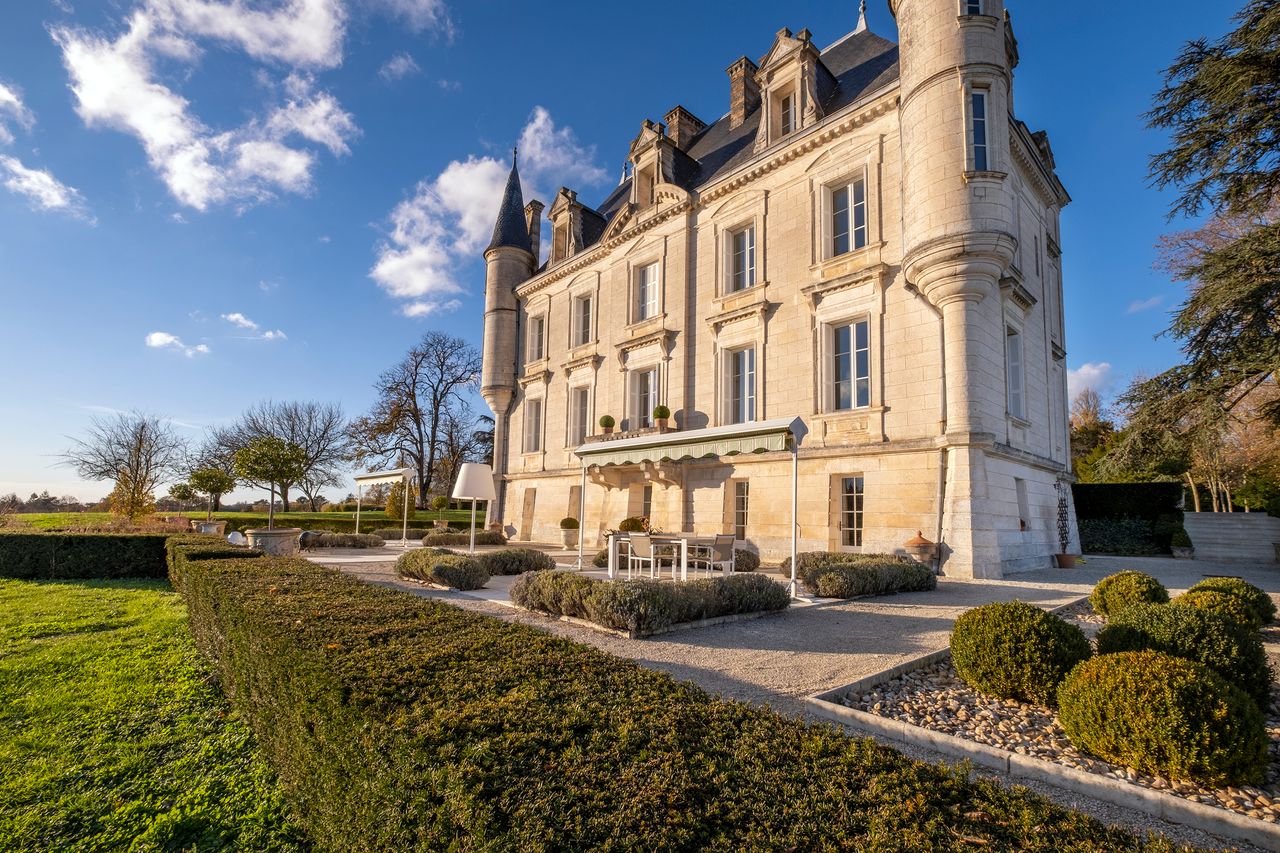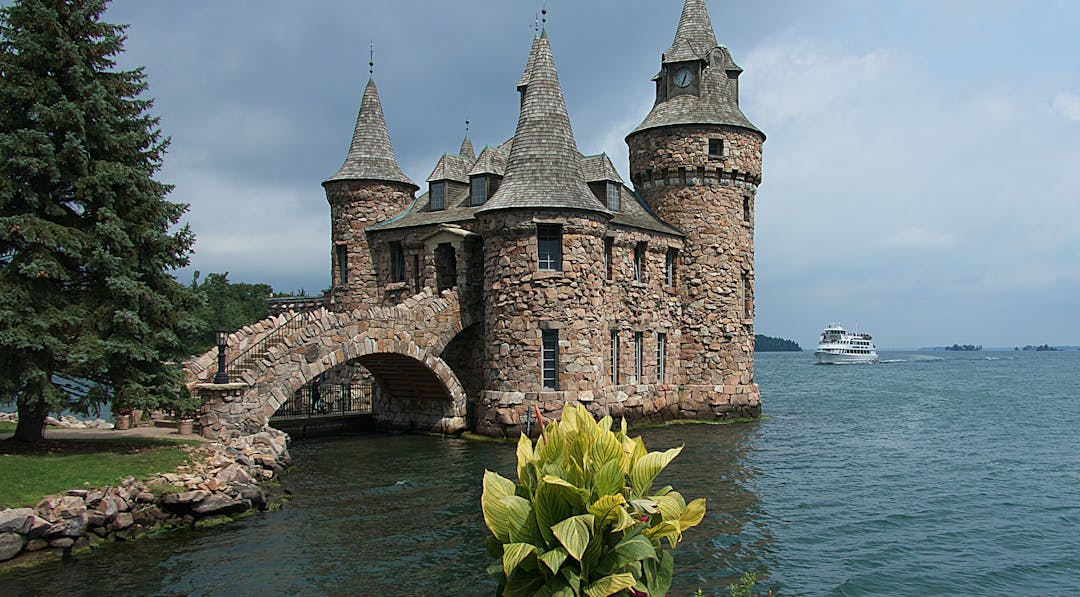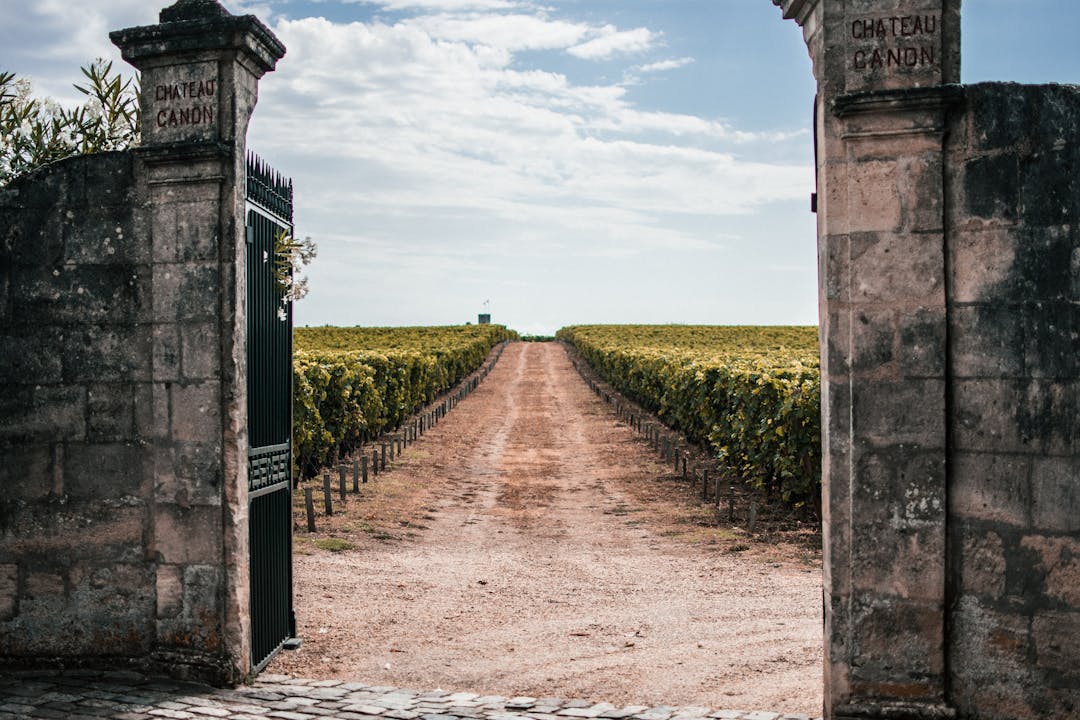Buying an Old Chateau in Europe
Buying an old chateau in Europe can be a dream come true, but the process can be complex. This guide aims to cover all aspects of the process, from finding a property to the final purchase.
1. Finding a Property
- Research: Start with research on countries with a significant number of chateaus, such as France, Italy, Spain, and Germany. Each country has its own unique styles, history, and charm.
- Real Estate Agents: Consider working with a real estate agent who specializes in chateaus. They can provide valuable insights and have access to listings that may not be publicly available.
- Online Portals: There are online portals specifically dedicated to selling historical properties. These can be a good starting point.
2. Legal Considerations
- Local Laws: Familiarize yourself with the property laws of the country you're planning to buy in. Each country has its own rules and regulations, and understanding them is crucial.
- Heritage Sites: If the chateau is a heritage site, there may be restrictions on renovations and changes that can be made. Make sure you know what you can and cannot do with the property before you buy.
3. Financial Aspects
- Budgeting: Buying a chateau is just the first step. Renovations, maintenance, and upkeep can significantly increase the total cost. Ensure you have a realistic budget that includes all these aspects.
- Financing: If you're not buying the property outright, you'll need to secure financing. Mortgage rules can be different for historical properties, so consult with a financial advisor or mortgage broker who specializes in this area.
4. Property Inspection
- Hire a Professional: Due to the age and complexity of chateaus, hiring a professional inspector experienced with historic buildings is crucial. They can identify issues that may not be apparent to a layperson.
- Structural Assessment: The inspector should evaluate the building's structure, including walls, foundations, roof, and other integral parts.
5. Negotiating the Purchase
- Valuation: Before you start negotiating, have the property valued by an independent professional. This will give you a better idea of what the chateau is worth.
- Negotiation: Don't be afraid to negotiate on the price. Use the results of the inspection as leverage. Remember, this is a major investment, and getting the right price is crucial.
6. Closing the Deal
- Legal Representation: Hire a local lawyer to help with the property transfer. They'll ensure all the legal paperwork is in order and protect your interests.
- Final Checks: Before you sign anything, do a final check of the property to make sure nothing has changed



